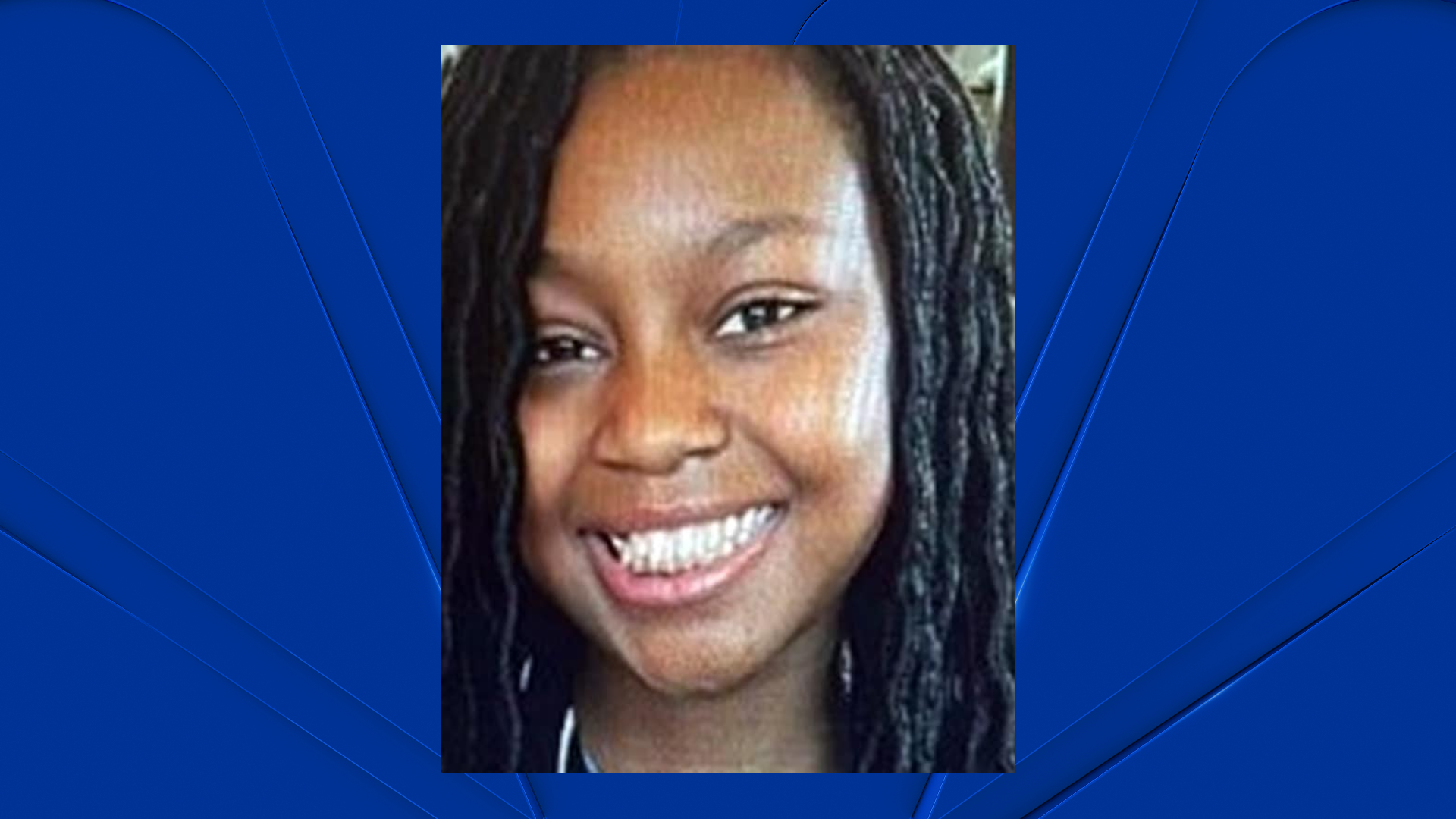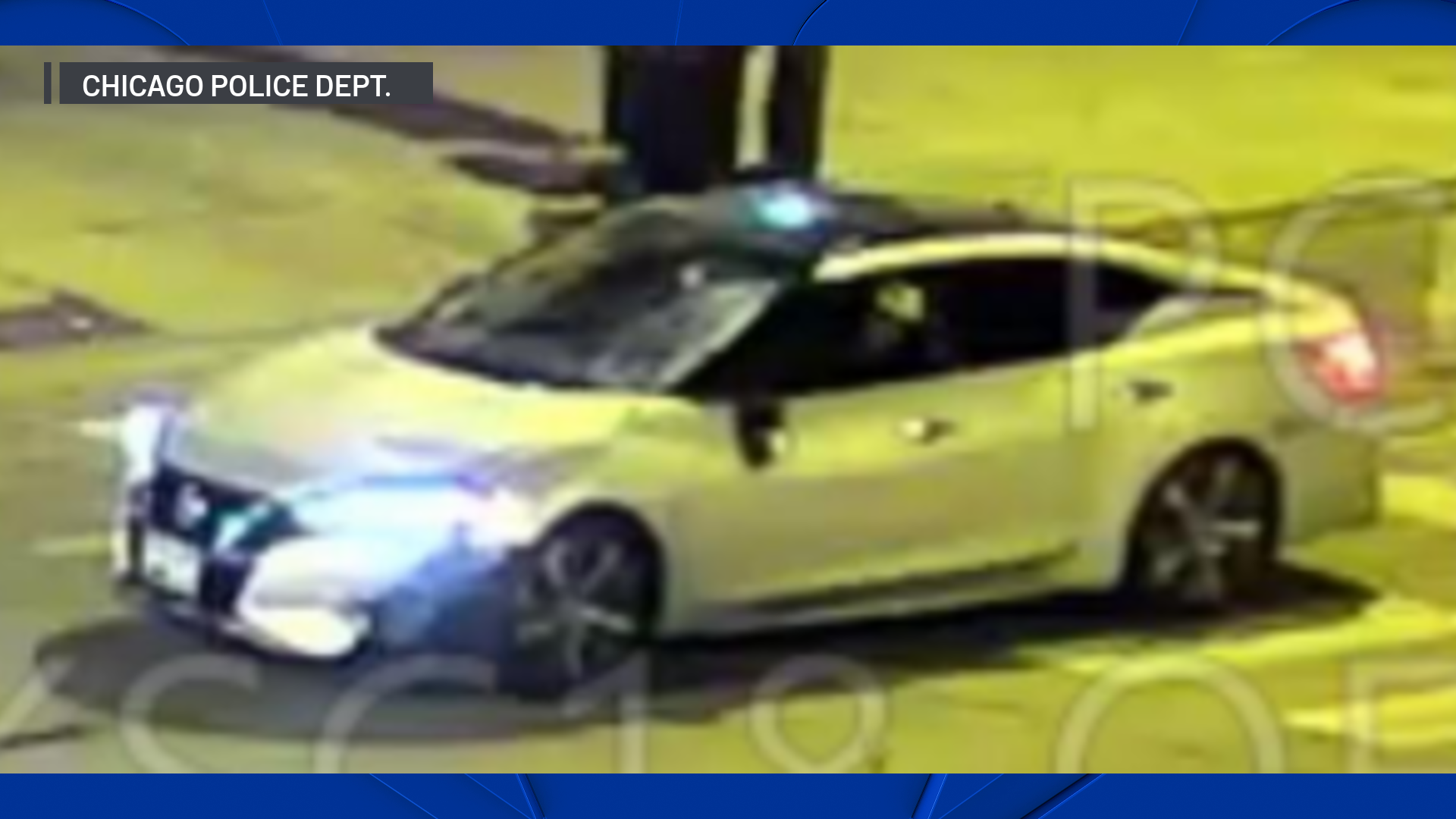The man who was twice wrongly convicted for the killing of Jeanine Nicarico wants justice.
Rolando Cruz was sentenced to death for murdering the 10-year-old before he was acquitted during a third trial and subsequently pardoned. He believes the real killer, Brian Dugan, should be sentenced to death as well.
Dugan pleaded guilty to abducting and murdering Nicarico yesterday as what is believed to be part of a plea deal that should spare his life. But Cruz thinks that deal should be voided.
"I almost died because of this man," Cruz said. "He didn't try to save my life. He only cares about saving his own. He should be executed or spend the rest of his natural life in hell. He needs to suffer for all that he's done to us."
The Nicarico case has shined a light on a flawed capital punishment system. After two men --- Cruz and Alejandro Hernandez -- were cleared as evidence increasingly pointed to Dugan, seven law enforcement officials went on trial for their handling of the case. All were acquitted.
Former Gov. George Ryan cited the case as one of several that led to his decision to stop all Illinois executions in 2000. The death-penalty moratorium remains in place, though death sentences may still be issued.
"A little girl died a horrible death, a family was twisted and tormented by the criminal justice system for a quarter century, but it's time to move on," said Scott Turow, a best-selling author and lawyer who handled the appeal of one of the men convicted in the slaying.
Local
Jeanine was home sick from school in suburban Naperville when someone kicked down her door and snatched her. She struggled so desperately her fingernails left scratches on a wall. Her raped and beaten body was found two days later in a nearby nature preserve, her head wrapped in a towel bound with tape, which had served as a blindfold.
Dugan, already convicted of two murders, including that of a 7-year-old girl in 1985, had long offered to plead guilty to Jeanine's slaying if prosecutors agreed not to seek his execution. They made no such promises Tuesday, so a jury or judge will decide whether to sentence him to death or life in prison.
Prosecutors say recent DNA tests virtually rule out anyone else in Jeanine's death, but that earlier tests weren't as conclusive.
Many who remember the case, along with those who prosecuted it, believe Dugan had help.
"I truly believe others were involved," neighbor Shirley Steck said. "Where are they? They're running around enjoying their lives."
The Nicaricos, who have since moved from Illinois, rarely speak publicly of their daughter's death. But when they have, they also have suggested the men initially charged were involved.
The family did not immediately return a phone message left at its home Tuesday by The Associated Press.
Dugan assured the judge Tuesday that he was not coerced into confessing and that "no one aided, abetted or helped me." The judge dismissed all other counts against Dugan in exchange for his plea.
At the hourlong hearing, DuPage County State's Attorney Joseph Birkett explained in often graphic detail what happened to Jeanine. He said her head was split from the bridge of her nose to the base of her skull, and that she was struck with a tire iron or bat while she was alive.
He said an autopsy showed the girl likely was killed within hours after her mother had come home from work to fix her lunch — telling her not to open the door for anyone as she left to return to work.
After he pleaded guilty, Dugan asked to read a letter he had written, but his request was denied. The Daily Herald obtained a copy of the letter, which Dugan penned in prison.
"I never imagined it would take a quarter-century to stand where I am today," he wrote, "to take responsibility for the horrible crimes I committed so long ago. For more than two decades, I have been a prisoner of myself; haunted by my violence; imprisoned by my own self-loathing and doomed to defend my ugliest moments.
"I deeply regret all the pain and suffering I caused. I sincerely hope this brings the Nicaricos and the community a small measure of resolution in their search for the truth."
One of Jeanine's older sisters came home around 3 p.m. to discover the door broken and Jeanine gone.
After the discovery of Jeanine's body, authorities focused quickly on three men: Rolando Cruz, Alejandro Hernandez and Stephen Buckley. Their trial resulted in convictions and the death penalty for Cruz and Hernandez. A hung jury led to charges against Buckley being dropped.
The convictions were followed by reversals, new trials and an acquittal of Cruz and dismissal of charges against Hernandez. Cruz, Hernandez and Buckley eventually received $3.5 million from DuPage County to settle wrongful prosecution lawsuits.
Birkett said Tuesday that earlier, less-sophisticated DNA tests did not initially rule out the three.
"This case ... raised the public's concern about the reliability of the criminal justice system and caused unprecedented scrutiny of the implementation of the death penalty," said Jeremy Margolis, the former head of the state police who later represented Hernandez.
Ryan pardoned Cruz in December 2002 and emptied death row shortly before leaving office in 2003, commuting most prisoners' sentences to life.



